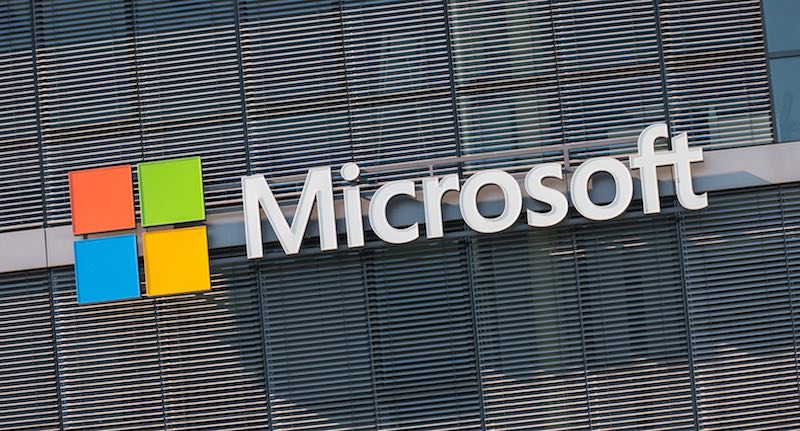Security News > 2020 > April > Microsoft Sway Abused in Office 365 Phishing Attack

A highly targeted phishing campaign, with a Microsoft file platform twist, has successfully siphoned the Office 365 credentials of more than 150 executives since mid-2019.
Second, the initial phishing emails are sent from legitimate but previously compromised email addresses - which cloak the fact that they're attacker-controlled.
The email read, "Please+see+above+document+from[redacted] for your review and let me know if you have any concerns." The document being referenced is a PDF file attachment, which pretends to be a notification for Office 365 file sharing.
The page tells the recipient that the sender has shared a document on behalf of the company, and again asks the target to click on a button to "Get Started." Finally, this last link redirects the victim to the actual phishing landing page, which purports to be a Microsoft Single Sign On page for Outlook, and asks the victim to input their credentials.
"When the victim submits his or her corporate Office 365 credentials as if for a normal login, the sensitive data is sent to a separate data server with an extra email address which is hidden on the page," said researchers.
News URL
https://threatpost.com/microsoft-sway-abused-office-365-phishing-attack/155366/
Related news
- Darktrace: 96% of Phishing Attacks in 2024 Exploited Trusted Domains Including SharePoint & Zoom Docs (source)
- Phishing attack hides JavaScript using invisible Unicode trick (source)
- Microsoft fixes Power Pages zero-day bug exploited in attacks (source)
- Botnet targets Basic Auth in Microsoft 365 password spray attacks (source)
- Microsoft launches ad-supported Office apps for Windows users (source)
- Microsoft tests ad-supported Office apps for Windows users (source)
- FatalRAT Phishing Attacks Target APAC Industries Using Chinese Cloud Services (source)
- Hackers Exploit AWS Misconfigurations to Launch Phishing Attacks via SES and WorkMail (source)
- New ClickFix attack deploys Havoc C2 via Microsoft Sharepoint (source)
- YouTube warns of AI-generated video of its CEO used in phishing attacks (source)